
MIDDLE EAST: Airspace restrictions due to Iran/Israel conflict
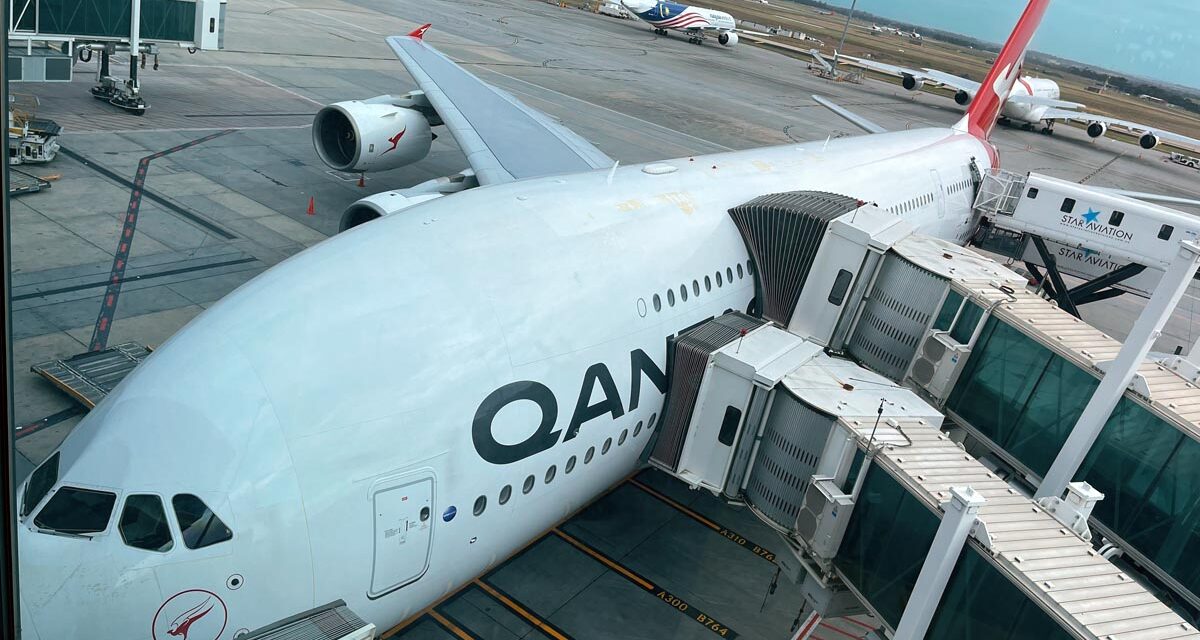
The Iran/Israel conflect has meant flying over, or even close to either of those countries, and their surrounds is potentially perilous. Through caution, most airlnes are avoiding that air space, and adjusting their schedules accordingly. The major change recently has been the grounding of Qatar Airlines, and the closer of Qatari airspace. These positions have been reversed earlier today, due to the negotiated ceasefire agreement still in place, however precariously as I write.
I have not posted previously on this topic, as the situation keeps changing. It would mean either I have to give you a running commentary updated whenever things change, or know that what I post will be out of date almost immediately
Missile mayhem—Australian passengers caught in the chaos
Travellers from Australia have been caught by the Iran/israel conflict. Missile attacks on Qatar have forced the closure of critical airspace over Qatar and the UAE.
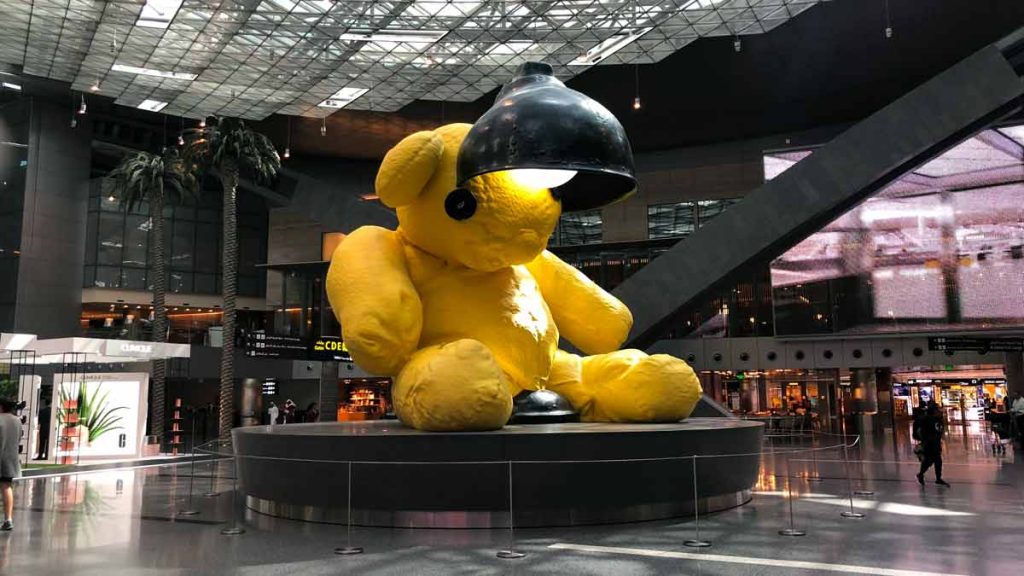
Doha, Dubai disarray
Doha’s Hamad International airport and Dubai’s DXB turned into impromptu dormitories, with stranded passengers sprawled across terminal floors while staff struggled to reroute thousands of disrupted itineraries.
The trigger was an Iranian missile strike targeting the Al Udeid Air Base in Qatar – located just 33km from Doha Airport – around 7:45pm local time Monday (2:45am Tuesday AEST). Qatari and UAE authorities responded immediately and shut their airspace, forcing airborne aircraft to divert and halting all departures.
Though airspace reopened after around four hours, the ripple effect will linger. The affected airlines and passengers will have to cope with missed connections, diverted flights, and delayed travel plans – especially for those transiting through the Gulf.
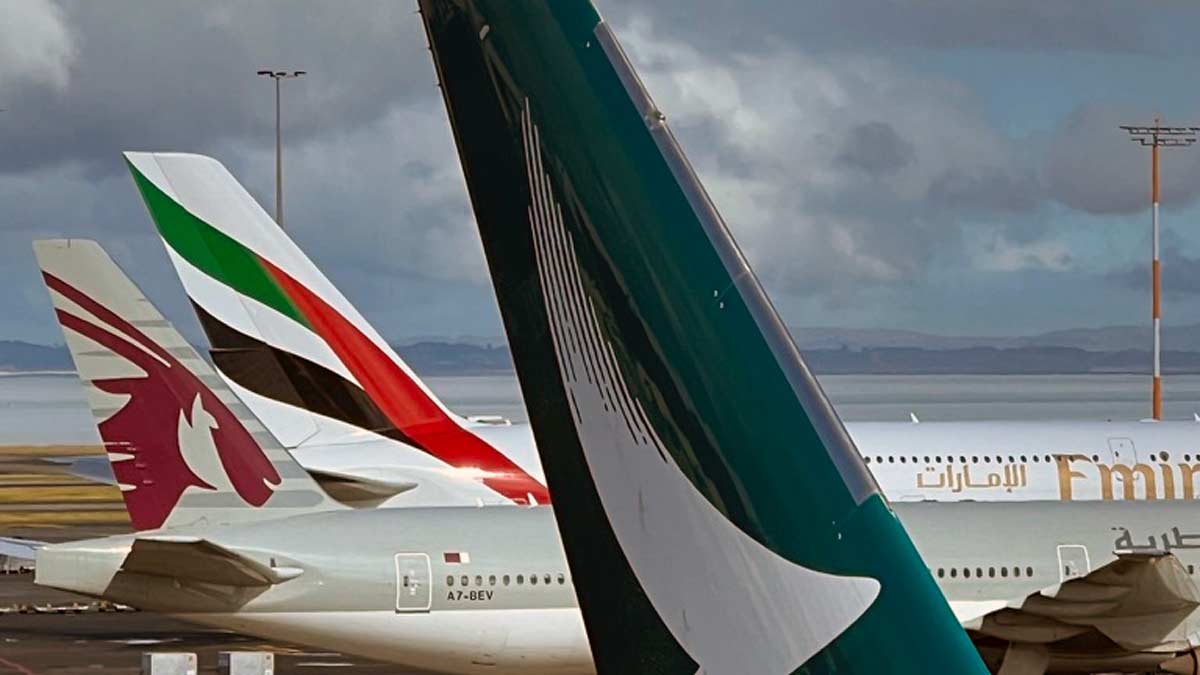
Qantas flights forced to U-turn
Australian travellers were among those disrupted. Two Qantas flagship flights from Perth – QF33 to Paris and QF9 to London – were impacted:
- QF33 (Perth–Paris) was 7.5 hours into its journey when it turned back off India’s west coast and returned to Perth.
- QF9 (Perth–London) diverted to Singapore before continuing.
Qantas confirmed these reports andis prioritising getting passengers home or to their destination. The airline provided hotel accommodation in Perth and worked rebooking passengers. However passengers on split bookings with separate onward flights in Europe may need to rework their own arrangements.
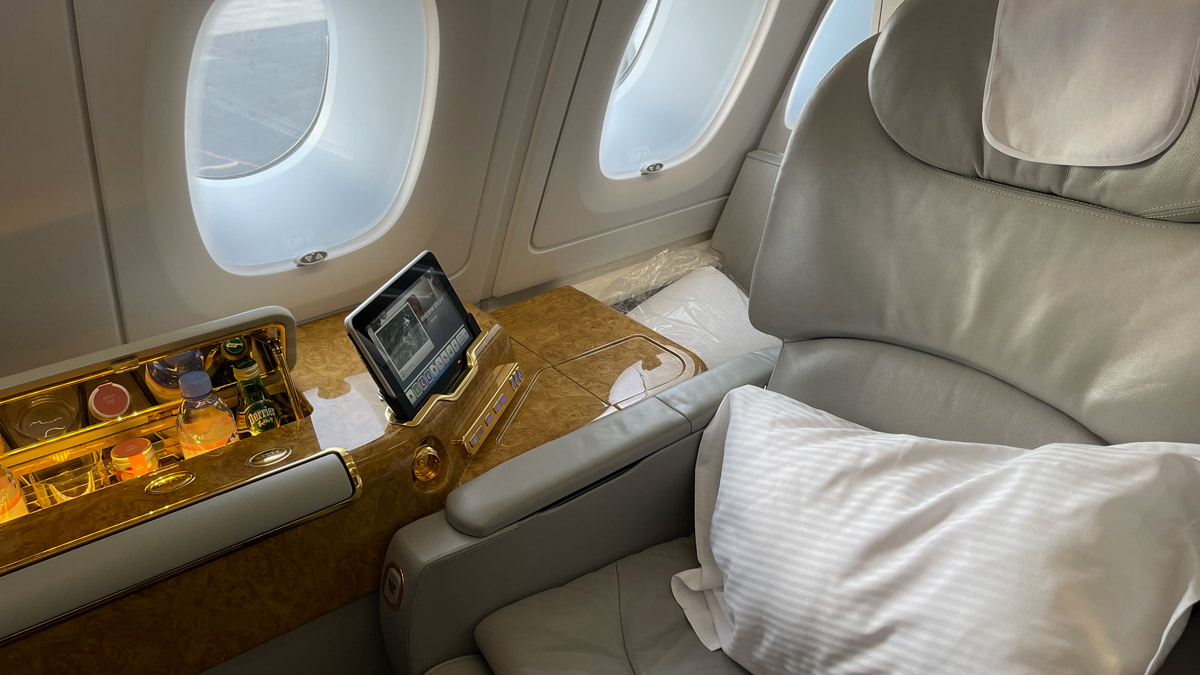
Emirates and Qatar
Emirates, which operates 77 weekly flights between Australia and Dubai, confirmed that a number of flights were rerouted. But none were forced to land elsewhere.
Qatar Airways has additional staff deployed to assist passengers at Doha’s Hamad International and other major airports.
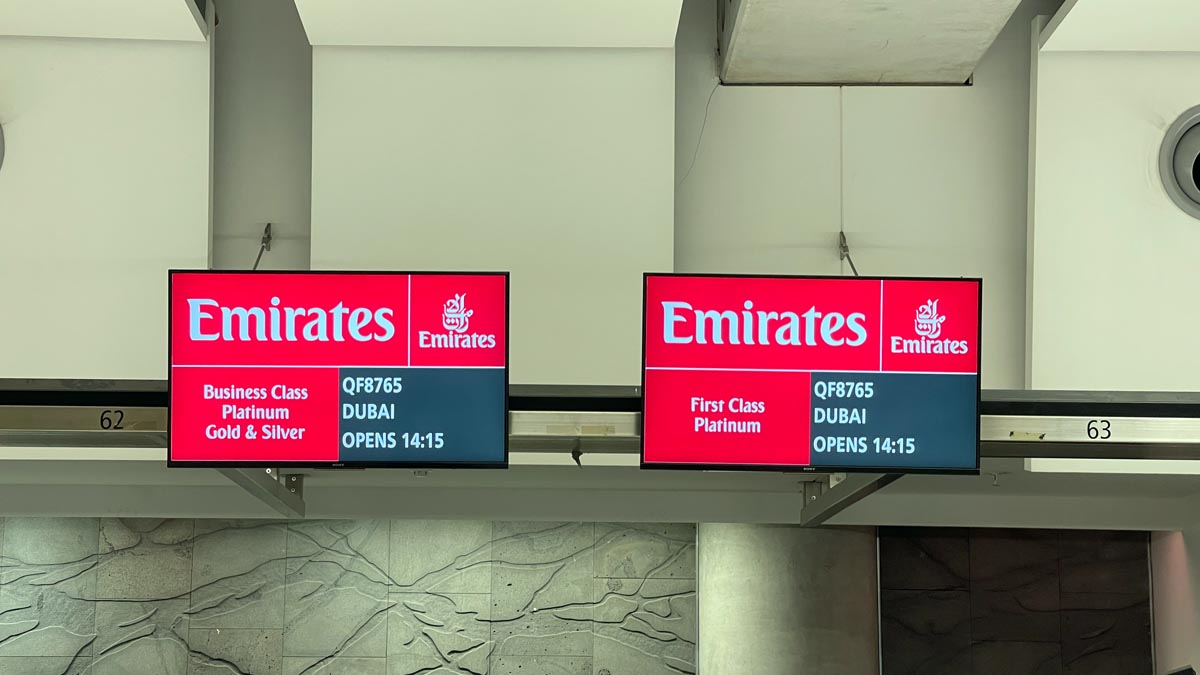
What travellers need to know
- Flight diversions are not always communicated in real time. Be alert for updates mid-flight, and expect last-minute changes.
- Split tickets If you have one, be cautious. If you booked your international connection separately from your long-haul, you may not be protected or rebooked automatically.
- Accommodation support varies. Qantas rebooked and put affected passengers in hotels, but foreign carriers may differ depending on the nature of the delay or diversion.
- Pack patience and power banks – with overwhelmed staff and terminal delays, self-sufficiency is your friend, however remember that some airlines have restrictions on those power pack and where you put them in your luggage.
- Keep your travel insurance handy, especially for claims related to missed connections or significant delays outside of airline control.
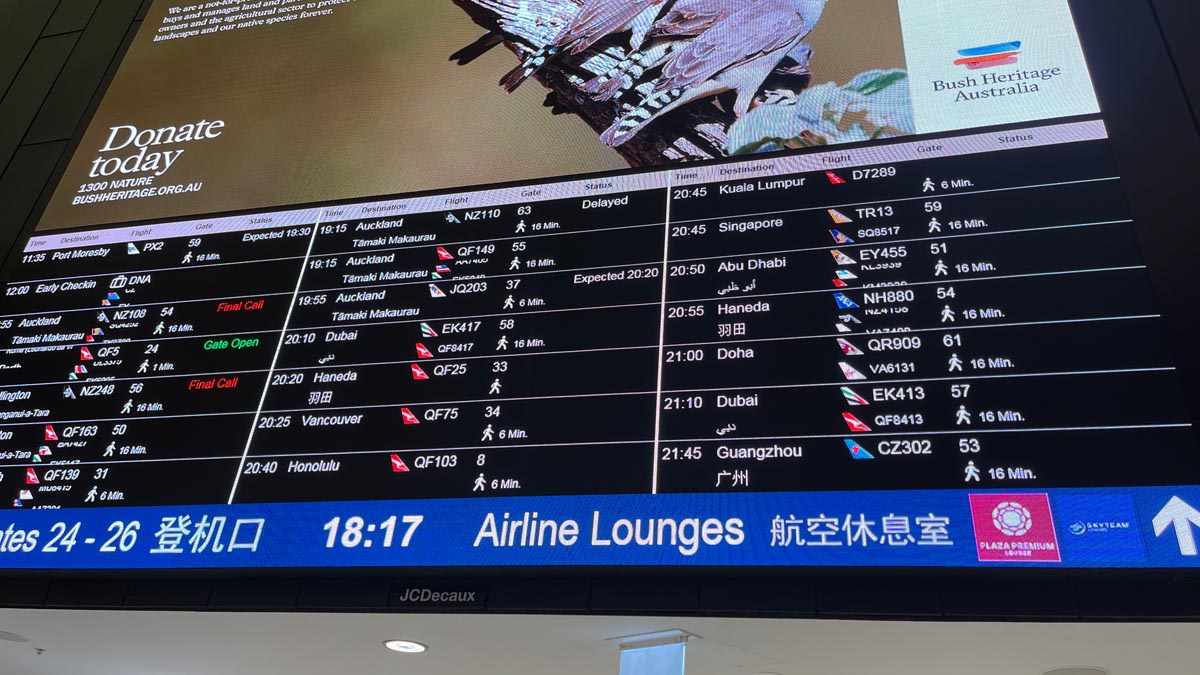
2PAXfly Takeout
The Iran/Israel conflict is proving to be a challenge for the airline industry. But that’s not unusual in conflicts.
Airlines won’t fly if they know that danger threatens, or they will make arrangements to vary their flight path to avoid conflict areas. However, not all danger is pre-advised. You need to be vigilant, and take the risk appropriate to your anxiety level. Airlines (I hope) are sensitive to these feelings of uncertainty passengers have, and will be more foregiving than some of their offical refund policies are.
If you’re flying through the Gulf in the coming days, check your airline’s app. Keep alerts switched on, and expect queues – because when geopolitics flares up, even premium cabins can’t dodge the fallout.
If you have been affected, or know anyone who has, I’d love to know. Put your story in the comments below, or email me at admin@2paxfly.com.

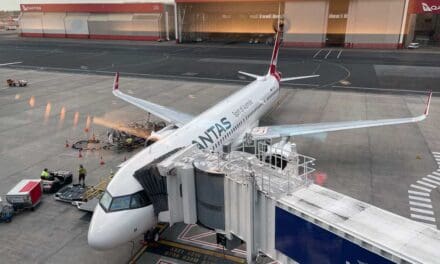
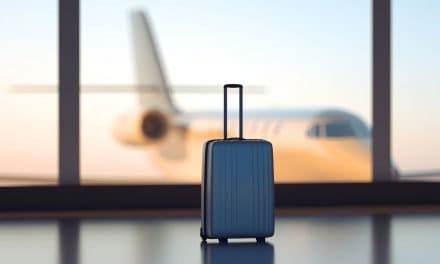








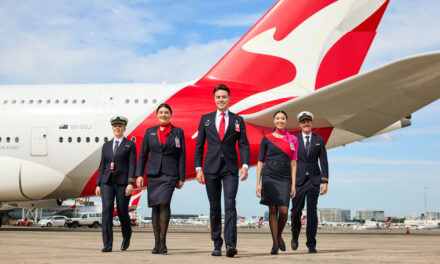
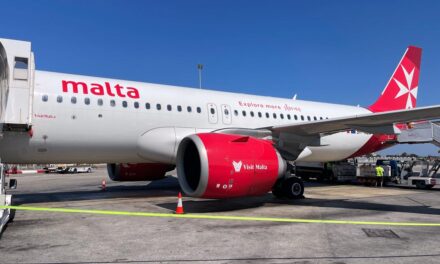






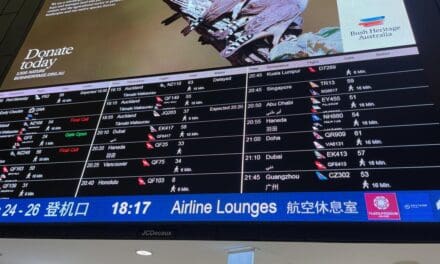
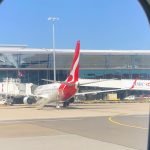
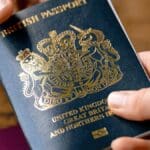




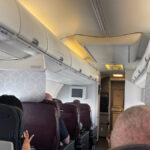




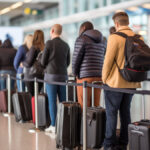




What did you say?